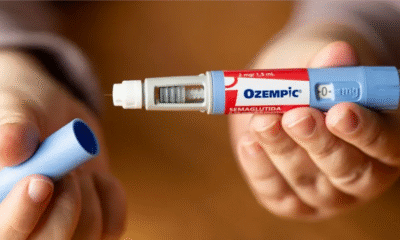Food
How Food-Grade Bearings Help You Meet Strict FDA and EU Regulations
Food processing industries need to follow strict safety rules. They must meet FDA and EU regulations to ensure food safety. Every component used in food production must be non-toxic and contamination-free. Same way, bearings also play an important role in food processing machines. Standard bearings can cause contamination and fail to meet safety standards. This is where food-grade bearings come into play.
Why Regulations Matter in Food Processing
Food safety is extremely important in every food-related industry. Contaminated food can harm consumers and also lead to legal issues. The FDA and EU have strict rules for the food industry to prevent contamination. They specify materials and lubrication used in machinery. Bearings must meet these safety guidelines to ensure compliance.
Features of Food-Grade Bearings
Regular bearings use industrial grease, which can cause contamination. However, food-grade bearings prevent harmful substances from mixing with food. These bearings are corrosion-resistant, which increases durability in wet environments. FDA bearings use lubricants that are safe for direct or indirect food contact. These bearings eliminate this risk by using certified lubricants.
USDA Cancels $1 Billion in Local Food Purchasing for Schools and Food Banks
Benefits of Using Food-Grade Bearings
The food-grade nature of the bearings helps food processors meet strict safety standards. They reduce the risk of contamination and improve equipment reliability. These bearings last longer because they resist corrosion and high temperatures. They also require less maintenance, which reduces downtime.
How The Bearings Support Compliance
FDA and EU regulations require food machinery to be safe and hygienic. Bearings must not release harmful particles into food products. Food-grade bearings meet these standards by using approved materials and lubricants, ensuring they remain safe and effective in food processing environments.
Conclusion
Food safety regulations are strict and necessary. These bearings help food manufacturers comply with FDA and EU rules. They prevent contamination, improve hygiene, and extend machine life. Investing in high-quality compliant bearings is the best way to meet food safety standards.












































